Murder Trials In Defence of Sextus Roscius of America
By: Cicero
-
Rs 1,440.75
- Rs 1,695.00
- 15%
You save Rs 254.25.
Due to constant currency fluctuation, prices are subject to change with or without notice.
Cicero's speeches "In Defence of Sextus Roscius of Amerina," "In Defence of Aulus Cluentius Habitus," "In Defence of Gaius Rabirius," "Note on the Speeches in Defence of Caelius and Milo," and "In Defence of King Deiotarus" provide insight into Roman life, law, and history.
Cicero was still in his twenties when he got Sextus Roscius off a charge of murdering his father and nearly sixty when he defended King Deiotarus, accused of trying to murder Caesar. In between (with, among others, his speeches for Cluentius and Rabirius), he built a reputation as the greatest orator of his time.Cicero defended his practice partly on moral or compassionate grounds of 'human decency'--sentiments with which we today would agree. His clients generally went free. And in vindicating men--who sometimes did not deserve it--he left us a mass of detail about Roman life, law and history and, in two of the speeches, graphic pictures of the 'gun-law' of small provincial towns.
Cicero's speeches "In Defence of Sextus Roscius of Amerina," "In Defence of Aulus Cluentius Habitus," "In Defence of Gaius Rabirius," "Note on the Speeches in Defence of Caelius and Milo," and "In Defence of King Deiotarus" provide insight into Roman life, law, and history.
Cicero was still in his twenties when he got Sextus Roscius off a charge of murdering his father and nearly sixty when he defended King Deiotarus, accused of trying to murder Caesar. In between (with, among others, his speeches for Cluentius and Rabirius), he built a reputation as the greatest orator of his time.Cicero defended his practice partly on moral or compassionate grounds of 'human decency'--sentiments with which we today would agree. His clients generally went free. And in vindicating men--who sometimes did not deserve it--he left us a mass of detail about Roman life, law and history and, in two of the speeches, graphic pictures of the 'gun-law' of small provincial towns.
Murder Trials In Defence of Sextus Roscius of America
By: Cicero
Rs 1,440.75 Rs 1,695.00 Ex Tax :Rs 1,440.75
Zubin Mehta: A Musical Journey (An Authorized Biography)
By: VOID - Bakhtiar K. Dadabhoy
Rs 892.50 Rs 1,050.00 Ex Tax :Rs 892.50
The Adventures Of Tintin: Flight 714 To Sydney
By: Hergé
Rs 1,705.50 Rs 1,895.00 Ex Tax :Rs 1,705.50
A Series of Unfortunate Events 3 The Wide Window
By: Lemony Snicket
Rs 1,615.50 Rs 1,795.00 Ex Tax :Rs 1,615.50
Minecraft: Mob Squad: Don't Fear the Creeper - An Official Minecraft Novel
By: Delilah S. Dawson
Rs 2,155.50 Rs 2,395.00 Ex Tax :Rs 2,155.50
Colonial Effects - The Making of National Identity in Jordan
By: Joseph Massad
Rs 9,445.50 Rs 10,495.00 Ex Tax :Rs 9,445.50
Friends Forever Wherever Whenever - A Little Book of Big Appreciation
By: Karen Salmansohn
Rs 1,185.75 Rs 1,395.00 Ex Tax :Rs 1,185.75
Zubin Mehta: A Musical Journey (An Authorized Biography)
By: VOID - Bakhtiar K. Dadabhoy
Rs 892.50 Rs 1,050.00 Ex Tax :Rs 892.50
Murder Trials In Defence of Sextus Roscius of America
By: Cicero
Rs 1,440.75 Rs 1,695.00 Ex Tax :Rs 1,440.75












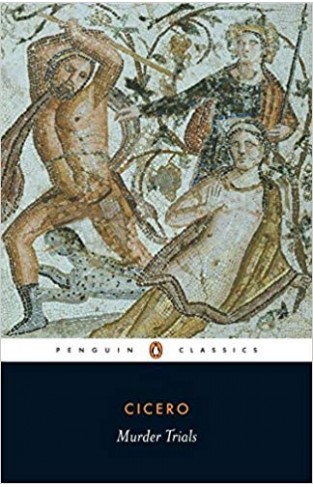
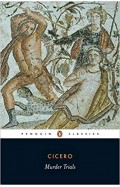
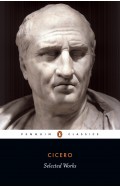

-120x187.jpg?q6)





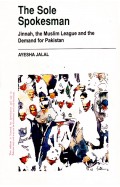
-120x187.jpg?q6)

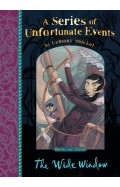
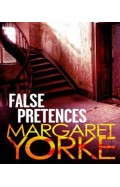

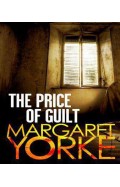
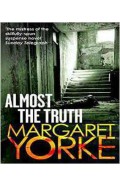





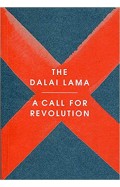

-120x187.jpg?q6)

